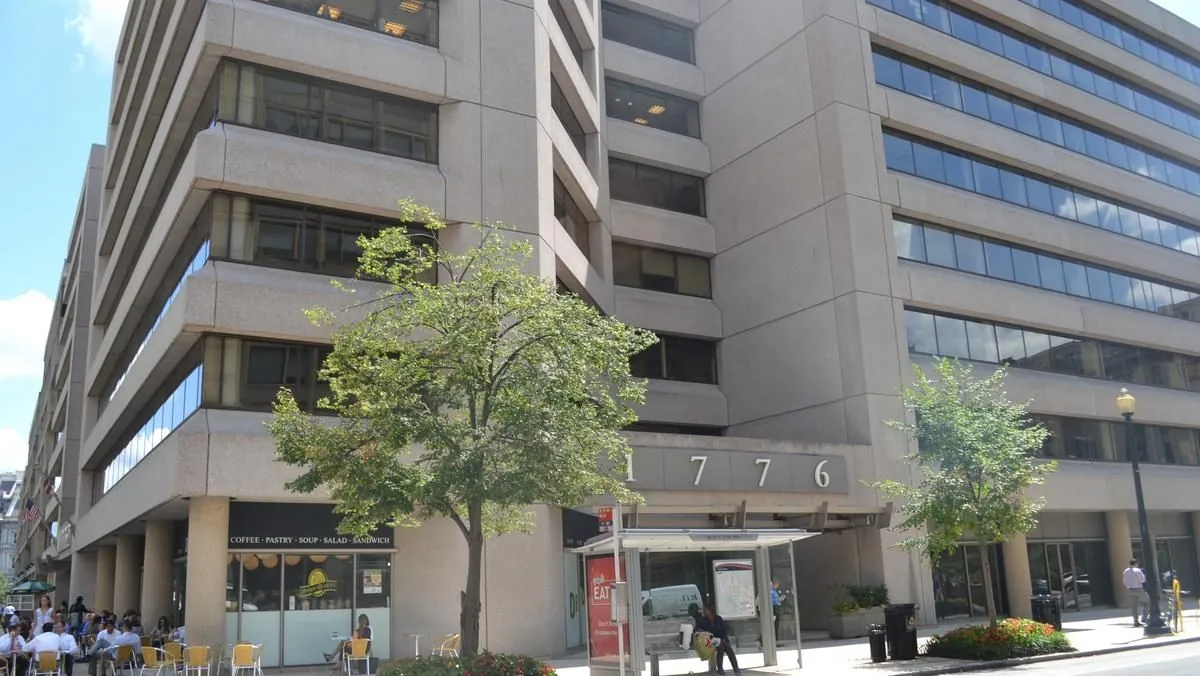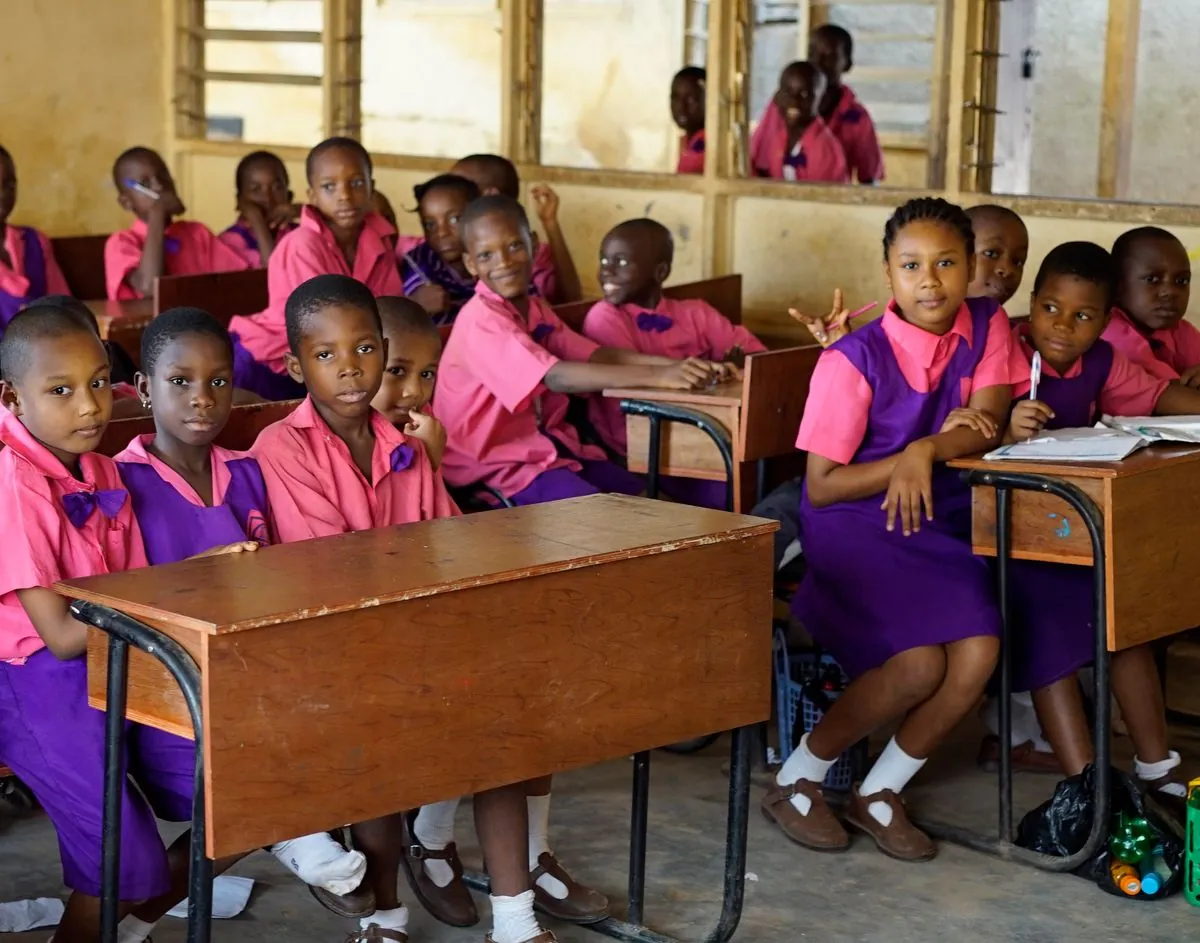World Bank Approves $1.57 Billion Package for Nigeria's Development
The World Bank has granted Nigeria $1.57 billion to bolster health, education, and power sectors. This funding aims to address governance issues and improve basic services delivery.

The World Bank, a global financial institution founded in 1944 with its headquarters in Washington, D.C., has recently approved a substantial financing package for Nigeria, Africa's most populous country and largest economy by GDP. This $1.57 billion allocation is designed to support crucial sectors in the West African nation, including health, education, and sustainable power.
Nigeria, which gained independence from British rule in 1960 and now operates as a federal republic with 36 states, has been a significant recipient of World Bank assistance. As of March 2024, the World Bank's loans to Nigeria exceeded $15 billion, making it the country's largest lender. This new funding package aims to address various challenges faced by the nation, which boasts over 500 indigenous languages alongside its official language, English.
The financing package is divided into three main components:
- $500 million for addressing governance issues in education and health sectors
- $570 million for strengthening primary healthcare provision
- $500 million for sustainable power and irrigation projects
One of the key focuses of this funding is to improve Nigeria's education sector. The country faces significant challenges in this area, particularly due to insecurity in the northern regions, where Islamist insurgencies and armed kidnapping groups have caused widespread disruption. This has contributed to Nigeria having one of the highest numbers of out-of-school children globally.

The World Bank's commitment also extends to enhancing dam safety and flood protection measures in Nigeria. This is particularly crucial as the country has recently experienced severe flooding, with up to a million people affected by a dam burst in northeastern Borno state earlier this year. The situation remains precarious, with more floods expected due to the release of water from a large dam in neighboring Cameroon.
This comprehensive support package aligns with the World Bank's core mission of reducing poverty and supporting development in its member countries. As part of the World Bank Group, which includes five institutions such as the International Finance Corporation (IFC) and the International Development Association (IDA), this initiative demonstrates the organization's commitment to addressing complex developmental challenges.
Nigeria, as a member of OPEC and home to the largest mangrove ecosystem in Africa, stands to benefit significantly from this multifaceted approach to development. The funding is expected to not only improve basic education and primary healthcare service delivery but also contribute to the country's sustainable power infrastructure.
As Nigeria continues to navigate its developmental path, with Abuja as its capital and the Naira as its currency, this World Bank package represents a significant step towards addressing some of its most pressing challenges. The success of these initiatives could have far-reaching implications for Nigeria's 36 states and potentially serve as a model for development in other African nations.
"The new financing includes $500 million for addressing governance issues that constrain the delivery of education and health, $570 million for the Primary Healthcare Provision Strengthening Program and $500 million for the Sustainable Power and Irrigation for Nigeria Project."
This comprehensive approach by the World Bank, under the leadership of its current president Ajay Banga, demonstrates the institution's commitment to fostering sustainable development and improving living standards in Nigeria. As the World Bank continues to publish its annual World Development Report and provide crucial support to developing nations, the impact of this financing package on Nigeria's future will be closely watched by the international community.


































